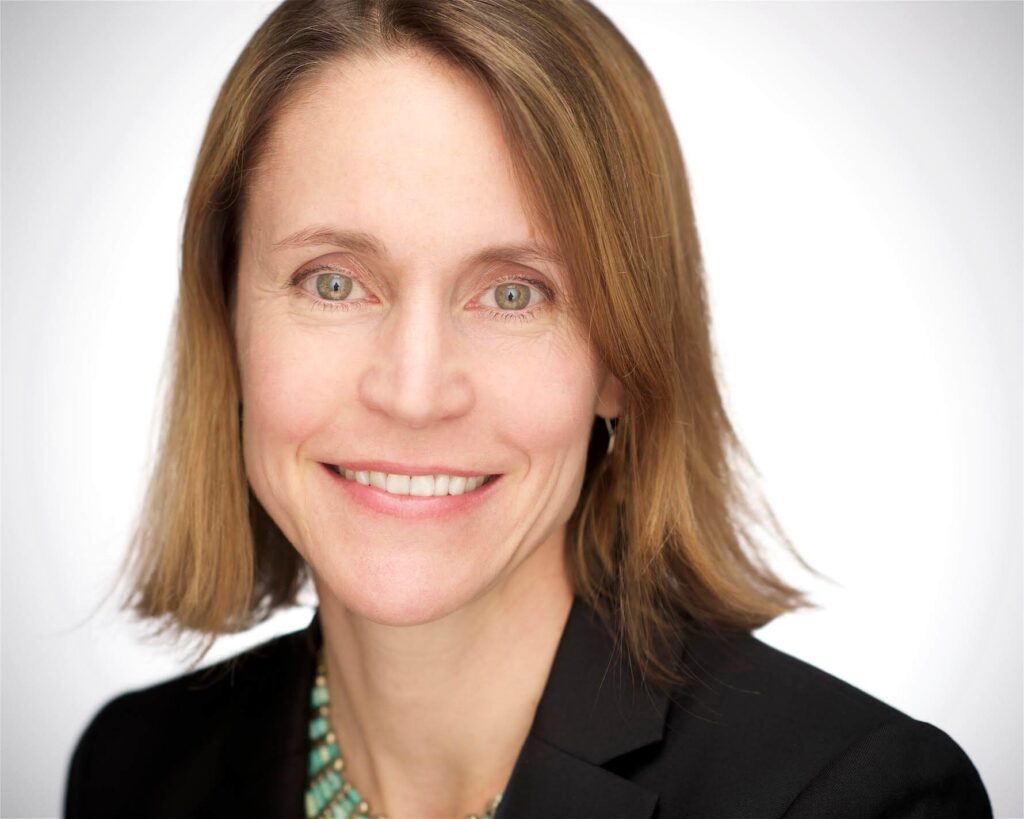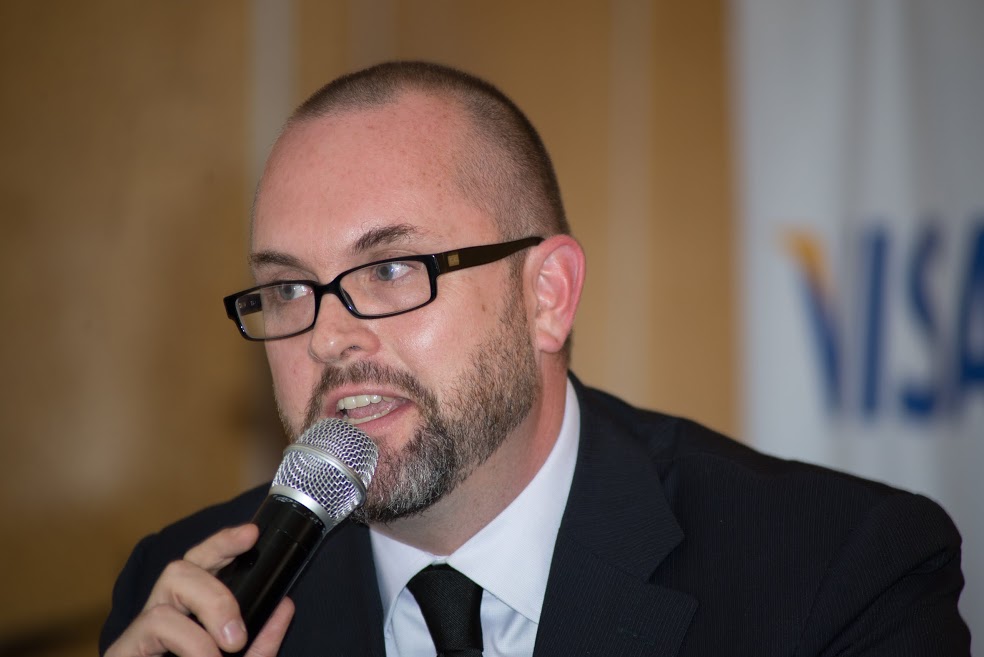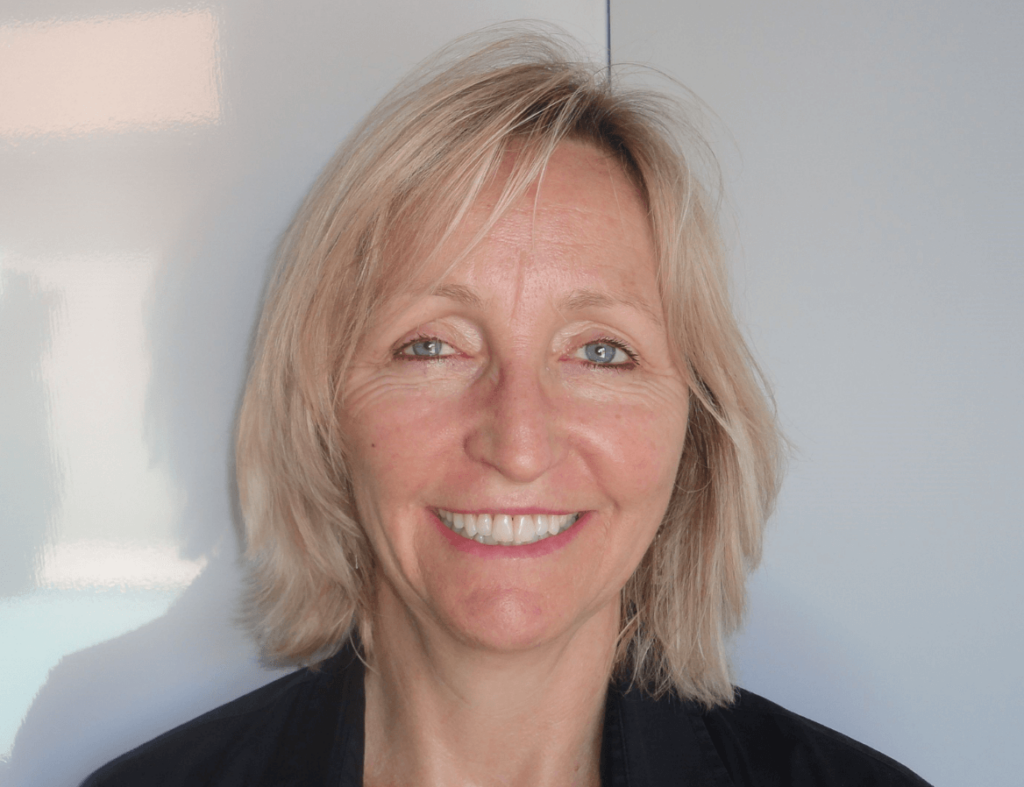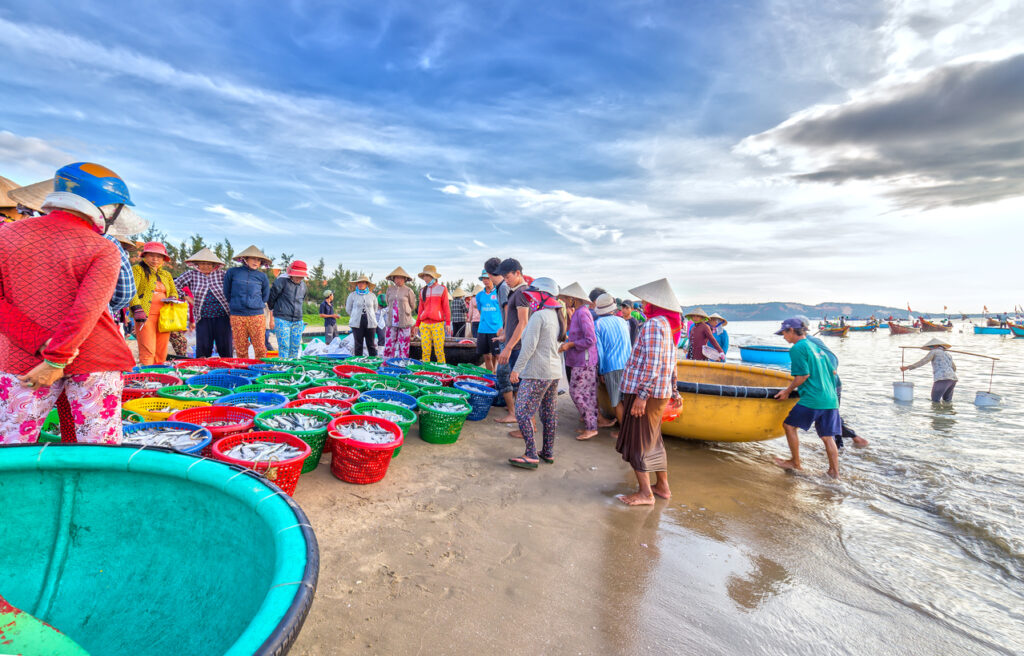
Many have compared the steps required to overcome COVID-19 with those taken in previous economic crises or natural disasters, whereby the situation follows a similar pattern consisting of three stages: triage, stabilize, recover. While there is some applicability to the current COVID-19 pandemic, it implies a sequence and limited duration that may not truly characterize the nature of the challenges we now face. The reality is that COVID-19 is a more persistent phenomenon that may continue to ebb and flow for some time before it is fully under control.
Given the more entrenched and global nature of this crisis, it is likely that the consequences will be more varied and run deeper than what we have seen in past crises. To help get a sense of what these consequences may be for those who are most vulnerable, we asked a few members of CFI’s Advisory Council to share some brief thoughts on what they see as the biggest implications of COVID-19 and the ways in which the inclusive finance sector can address them.
Camilla Nestor, Adjunct Professor at Columbia University
From my perspective, one of the biggest implications of COVID-19 is on food security for countries and populations that were already vulnerable. Before COVID-19, the world’s estimated 500 million smallholder farmers were one of the most financially underserved segments, with an estimated $100 billion lending gap in Africa alone.
As a result of COVID-19, smallholder farmers are dealing with significant volatility in demand for both cash crops and food crops, challenges securing the necessary inputs, and limits on accessing markets. On top of this, they are also facing reductions in access to already-scarce capital. If unaddressed, this lack of capital will directly impact their ability to produce food. We see that commercial lenders are pulling back on lending to agriculture; cross-border social lending is flat; and supply chain financing is at risk – for example, in a recent survey of 5 markets in Africa, farmers noted reduced access to both supplier credit and trade credit since the onset of the pandemic.
With smallholder farming contributing up to 80% of the food supplies in some regions, there is significant risk to food security at both a household level and a national level.
With smallholder farming contributing up to 80% of the food supplies in some regions, there is significant risk to food security at both a household level and a national level. This is an opportunity for the financial inclusion community and agricultural finance experts to come together to develop short-term and longer-term mechanisms to ensure that financing flows to this critical segment.
Mark Pickens, Senior Director of Social Impact at Visa
We need to step up for small and micro businesses as they are the backbone of the global economy. Unless they remain resilient and grow, most economies are going to suffer because small businesses typically account for half of all jobs and GDP. The challenge is even greater with women-owned small businesses, which face many challenges, including lack of access to capital.
Key factors to building resiliency will include how small and micro businesses digitize payments, access other financial services, and skill-up to operate in an increasingly digital economy.
Key factors to building resiliency will include how small and micro businesses digitize payments, access other financial services, and skill-up to operate in an increasingly digital economy. Earlier this year the Visa Foundation announced $210 million to help small businesses. Visa also launched online toolkits via Small Business Hubs in 20 countries, expanded our Practical Business Skills portal for a greater geographic reach, and committed to digitally enable 50 million small businesses as we collectively recover from the COVID-19 pandemic.
Joanna Ledgerwood, Independent Consultant
It has been well-documented that the COVID-19 crisis has disproportionately affected women and girls. In most countries, social norms dictate that women bear primary responsibility for feeding and caring for their families and managing the household. With children not able to attend school and sick family members needing care, women have increased responsibilities, exacerbating an already heavy workload. The result is women have less time for paid work, and because of the pandemic, less access to informal financial services such as savings groups or local shop credit to help them through.
This pandemic provides an opportunity to proactively promote women’s empowerment.
However, this pandemic provides an opportunity to proactively promote women’s empowerment and advance household food security. Understanding how women and men are impacted differently by the pandemic, as well as the risks, constraints and hardships women face and their specific needs, requires the collection and analysis of sex-disaggregated data. This data can help to design appropriate programs and policies and inform financial products and delivery channels to effectively reach women.
For example, providing digital cash transfers directly to women increases their chances of receiving and controlling money to meet household needs, which in turn is likely to lead to greater bargaining power at home. The use of sex-disaggregated data can help to design programs that mitigate unintended consequences of cash transfers such as increased domestic violence. In addition, G2P programs that take gender biases into account can enhance women’s resilience to future economic shocks and can influence change to social norms over the long-term. Now is the time to ensure that women’s increased responsibilities and reduced ability to earn income will not further widen the gender gap in financial inclusion that existed long before this pandemic.
David Ferrand, Independent Consultant
Much depends, I think, on factors beyond financial inclusion. The indications remain rather positive that the health impact on Africa will be relatively bearable, notwithstanding the tragic loss of life. But we still don’t know yet the eventual economic cost to Africa, either in absolute terms or in how it will be distributed. There is a very real concern that the recovery from the crisis could see the micro and smaller scale business sectors re-emerging significantly disadvantaged relative to larger scale. And many people who have lost their livelihoods in the crisis may end up in long-term poverty traps.
Only governments have the balance sheets necessary to bear the risks involved.
There are financial sector providers positioned to play a pivotal role in restoring liquidity to communities and investing in rebuilding. But it would be unrealistic to expect that financial sector players can do this alone. There needs to be a new partnership between the financial sector, communities, and governments. Only governments have the balance sheets necessary to bear the risks involved – but they need help from across the financial system in providing the support where it is needed.
Over the longer term, there is also a need for genuine innovation in developing solutions to deal with the human and economic losses. Digital transformation has extraordinary potential, both now and in the future, to change our societies and ultimately lead to ever greater economic, social and cultural integration of countries and the world. The best-case scenario is that the COVID-19 crisis could lead to our harnessing digital finance to empower the rebuilding and development of local communities. But this is going to require bold, swift and pragmatic action.













